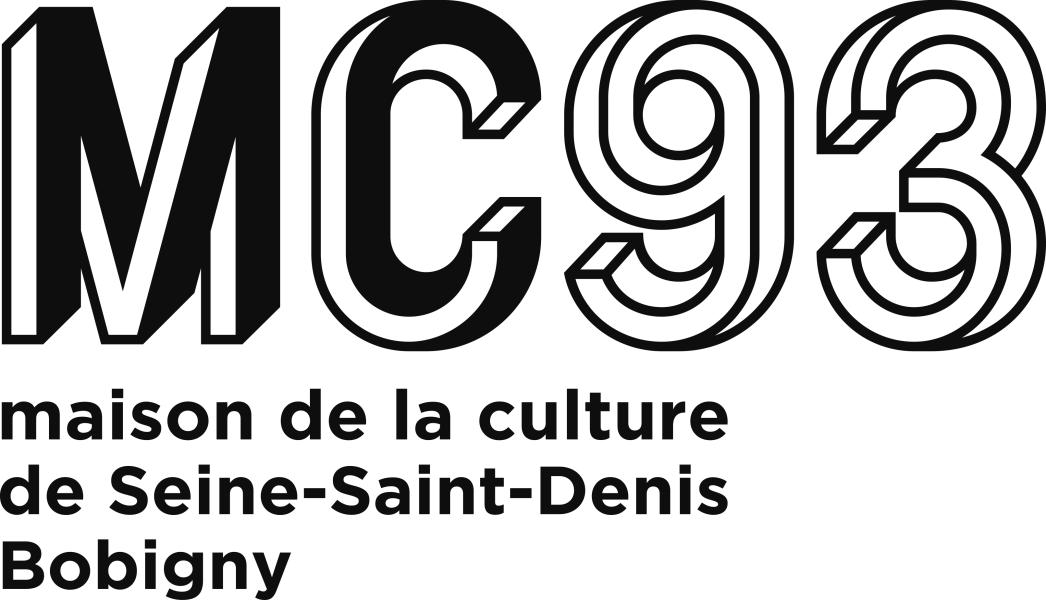Ahmed El Attar
Mama
octoberoct 9
octoberoct 11 – 14
Written and directed by Ahmed El Attar
With Abdelrahman Magdy, Dalia Ramzi, Hadeer Moustafa, Heba Rifaat, Menha El Batrawy, Menna El Touny, Mohamed Hatem, Mona Soliman, Moustafa Abdullah, Nanda Mohammad, Noha El Kholy, Ramsi Lehner, and Teymour El Attar
Music, Hassan Khan
Set and costume design, Hussein Baydoun
Lighting, Charlie Alstrom
An Orient Productions production ; Temple Independent Theater Company
A coproduction with Tamasi Performing Arts Network ; Festival d’Avignon ; Le Liberté, scène nationale Toulon ; Maison de la Culture de Bourges ; Sida – Swedish International Development Cooperation Agency ; SEE – Studio Emad Eddin ; MC93 – Maison de la Culture de Seine-Saint-Denis (Bobigny) ; and Festival d’Automne à Paris
In association with MC93 – Maison de la Culture de Seine-Saint-Denis (Bobigny) ; Théâtre de Choisy-le-Roi ; and Festival d’Automne à Paris
With support from Onda
First performed on 1st July 2018 at Théâtre Falaki (Cairo)
In a bourgeois family in Cairo, a mother and daughter are engaged in a hushed battle with each other over the running of the house, and how interaction with its male inhabitants should handled. This rivalry gives rise to a delightful mixture of every day goings on which are dramatic and comical in equal measure.
––––––
Estimated running time : 1h15
Performed in Arabic, with French subtitles
In the same place




